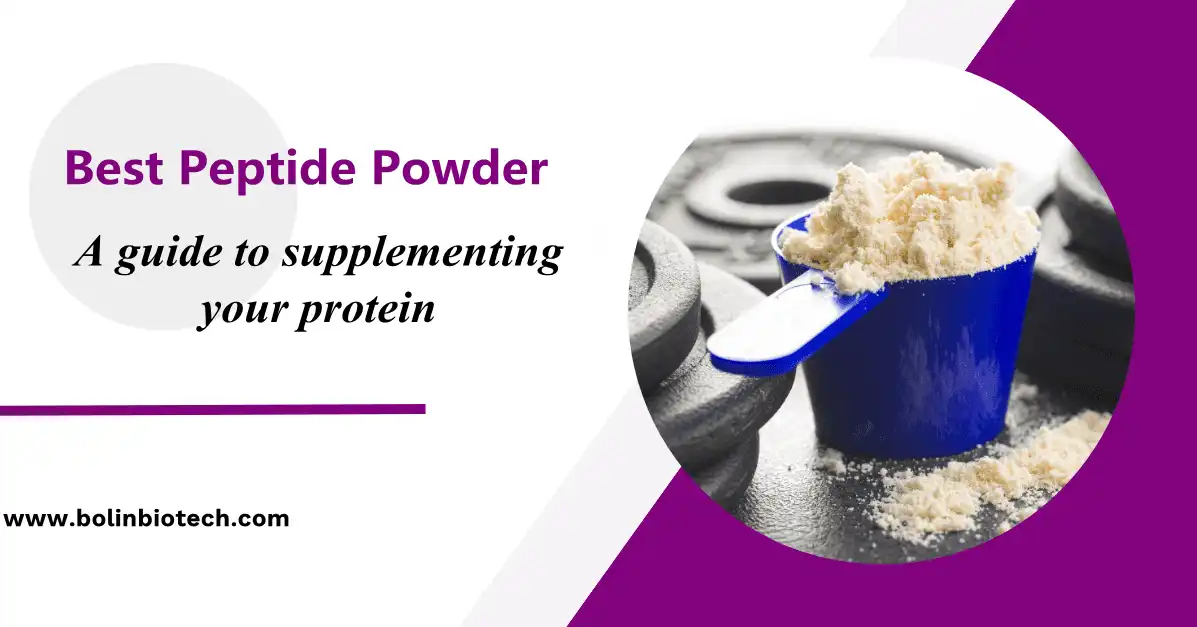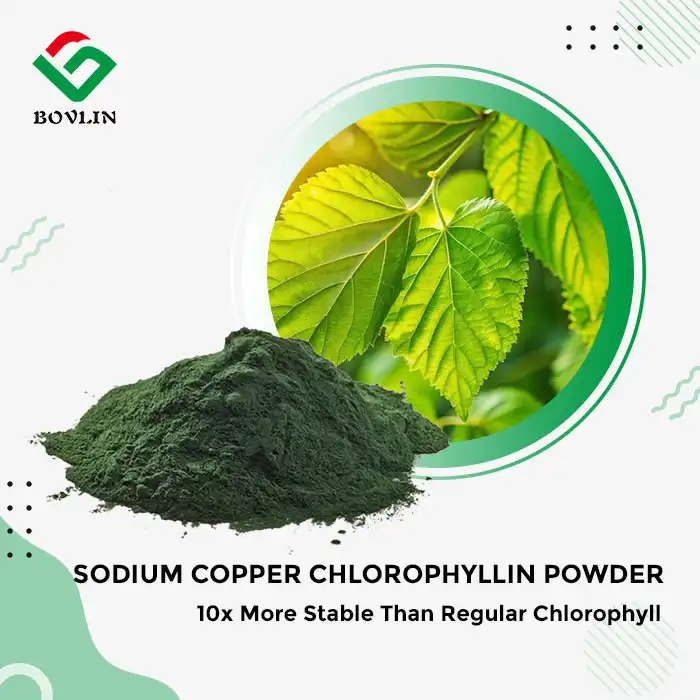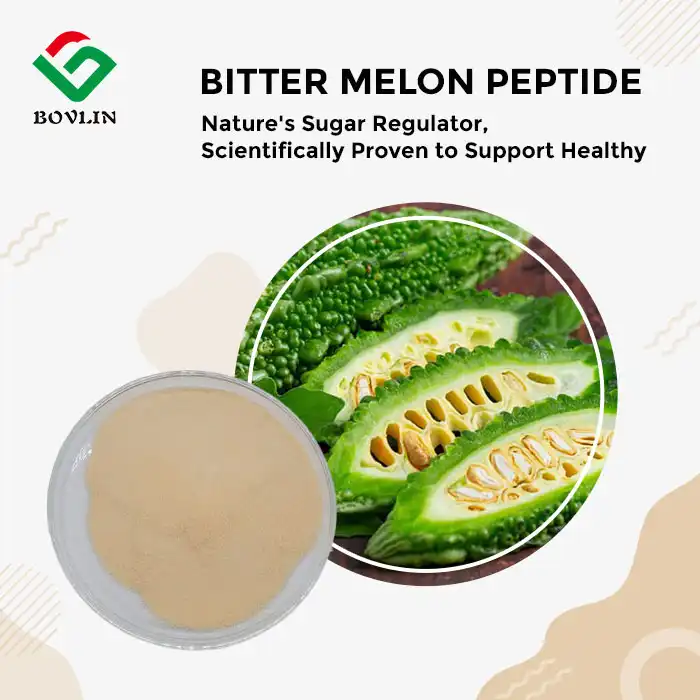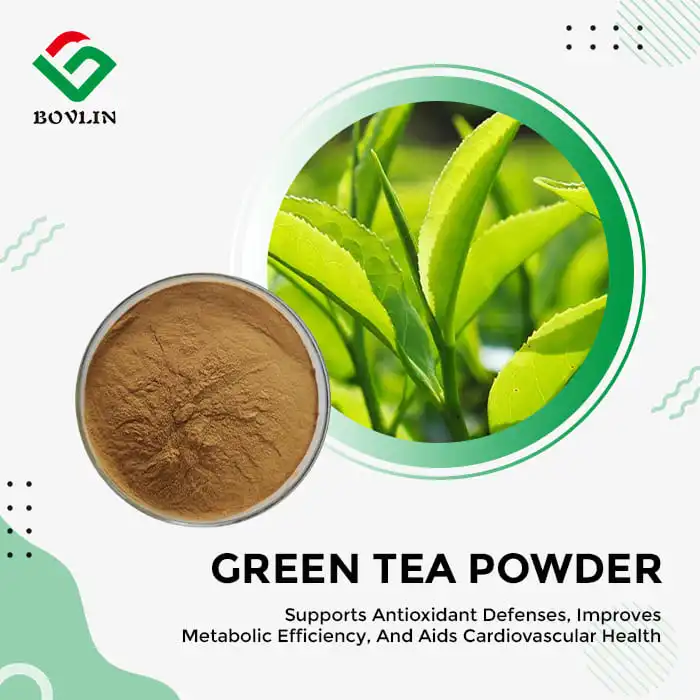What Role Does Plant-Based Protein Play in Muscle Synthesis?
Understanding Muscle Protein Synthesis
Muscle protein synthesis is the biological process through which the body builds new muscle tissue. This process is crucial for muscle growth, repair, and overall strength development. Plant-based proteins, including hydrolyzed rice protein, can play a significant role in supporting this process.
Amino Acid Profile of Hydrolyzed Rice Protein
Hydrolyzed rice protein powder, containing rice peptide, boasts a comprehensive amino acid profile, including all nine essential amino acids. Of particular importance is its leucine content, a branched-chain amino acid (BCAA) that acts as a key trigger for muscle protein synthesis. The hydrolysis process breaks down the protein into smaller peptides, potentially enhancing its absorption and utilization by the body.
Bioavailability and Absorption
The bioavailability of plant-based proteins has been a topic of debate in the scientific community. However, recent studies suggest that hydrolyzed rice protein powder exhibits improved bioavailability compared to its non-hydrolyzed counterpart. The smaller peptide chains resulting from hydrolysis may facilitate faster absorption, potentially leading to a more rapid initiation of muscle protein synthesis.

Comparison with Whey and Soy Protein Isolates
Amino Acid Composition
When comparing hydrolyzed rice protein powder to whey and soy protein isolates, it's essential to consider their respective amino acid profiles. While whey protein is often considered the gold standard due to its high leucine content, hydrolyzed rice protein has shown promising results in terms of its amino acid composition. Soy protein, another popular plant-based option, also offers a complete amino acid profile but may have lower levels of certain essential amino acids compared to rice protein.
Digestibility and Allergenicity
One of the notable advantages of hydrolyzed rice protein powder, including rice peptide powder, is its excellent digestibility and low allergenicity. Unlike whey protein, which can cause digestive issues for those with lactose intolerance, and soy protein, which is a common allergen, rice protein is generally well-tolerated by most individuals. This characteristic makes it an attractive option for manufacturers developing products for consumers with specific dietary needs or restrictions.
Muscle Building Efficacy
Several studies have investigated the muscle-building efficacy of hydrolyzed rice protein powder in comparison to whey and soy proteins. While whey protein has traditionally been considered superior for muscle growth, recent research suggests that rice protein can be equally effective when consumed in appropriate amounts. Some studies have shown comparable gains in muscle thickness and strength between rice protein and whey protein supplementation, challenging the notion that animal-based proteins are inherently superior for muscle building.
Applications in Sports Nutrition and Vegan Protein Supplements
Formulation Advantages
Hydrolyzed rice protein powder provides significant formulation benefits for sports nutrition and vegan protein products. Its neutral flavor profile and smooth texture allow it to blend seamlessly into a variety of flavored protein powders and ready-to-drink beverages without altering taste. Moreover, its excellent solubility and stability across a wide pH range make it highly adaptable for use in bars, shakes, and other functional foods. These characteristics enable manufacturers to create appealing, high-quality products with consistent performance.
Meeting Diverse Consumer Needs
With the rising demand for plant-based protein alternatives, hydrolyzed rice protein powder, also known as rice protein peptide, has become increasingly popular among manufacturers. It effectively serves vegans, vegetarians, and consumers requiring allergen-free or gluten-free options. The protein’s versatility enables product developers to formulate supplements and foods that cater to a broad spectrum of dietary restrictions and preferences, all while delivering a high-quality protein source. This adaptability helps brands meet evolving consumer needs in the health and wellness market.
Performance Enhancement and Recovery
In sports nutrition, hydrolyzed rice protein powder supports both athletic performance and recovery after exercise. Its rapid absorption helps quickly deliver essential amino acids to muscle tissues, potentially reducing muscle fatigue and soreness. This accelerated nutrient delivery promotes faster recovery, allowing athletes to maintain consistent training schedules. Consequently, hydrolyzed rice protein is an excellent choice for inclusion in both pre-workout and post-workout supplement formulations aimed at enhancing muscle repair and overall performance.

Conclusion
Hydrolyzed rice protein powder has demonstrated its potential as a valuable ingredient in muscle-building formulations. Its comprehensive amino acid profile, enhanced bioavailability, and versatile applications make it a compelling option for manufacturers in the sports nutrition and vegan supplement industries. As research continues to unveil the benefits of plant-based proteins, hydrolyzed rice protein powder stands out as a promising alternative to traditional animal-based proteins, offering both performance benefits and broad consumer appeal.
Contact Us
For more information about our hydrolyzed rice protein powder and how it can enhance your product formulations, please contact us at sales1@bovlin.com. Our team of experts is ready to assist you in developing innovative, plant-based solutions for your customers.











